
As a certain preacher once said, “Some people don’t value grace at all”. According to the preacher, people don’t see the value of what they freely have until they lose them.
This is how I have come to perceive the average Ghanaian voter per the political culture that is practiced in Ghana especially with how and why people vote in national elections.
One of the many forms of governments practiced across the world that I want to talk about in this article is Totalitarianism. It is a form of government that attempts to assert total control over the lives of its citizens. These regimes are characterized by strong central rule that attempts to control and direct all aspects of individual life through coercion and repression.
Totalitarianism is considered an extreme form of authoritarianism, in which government controls almost all aspects of the public and private lives of the people; they compel the citizenry to adhere to a ruling ideology; and they adopt a high level of repression, mass imprisonment and violence to suppress dissent and maintain control of the state and society.
In some tyrannical and dictatorial ‘regimes’ the tyrant or dictator is the only person on the ballot paper, hence the electorates are to either vote ‘Yes’ to endorse him or vote ‘No’ to disapprove him. In this situation, though the voters are presented with only one candidate, at least, they have the options of either voting for the only candidate or voting against him or her. Since in the absence of anything good, anything bad is the best, this could have been preferred to not having any chance to choose the leader you want.
Unfortunately, at the polling center, a soldier is stationed close to the ballot box and can you guess why? Perhaps you are not far from wrong. It is demanded by the regime that every voter must show his or her ballot paper to the soldier on sight before folding and putting it into the ballot box. This tactic is to scare and compel voters to vote ‘Yes’ at all costs since no one wants to be identified as an open enemy of the dictatorial regime that rejects the tenets of multiparty electoral democracy. A system that exploits freedoms and processes to gain power.
Psychologically, the tyrant uses this strategy to torture the people mentally as it makes them live with guilty conscience and self-hate knowing very well, they have voted for the person they don’t like. How would you feel if you were in that situation? Is it the kind of election you want to participate in?
Ghana’s Multiparty Democracy
The concept of multiparty democracy officially allows for different candidates and significantly distinct political parties to regularly organize and campaign for votes and contest in an election which they can win. Electorates or voters in a multiparty democracy are presented with options and have the liberty to secretly vote for their preferred candidate or political party.
Unlike the dictatorial or tyrannical one party or candidate regime where people are compelled to vote against their conscience, Ghana’s electoral system allows you the voter to vote freely for the candidate or political party you think has the best of policies and competencies to lead the country.
It is a one-person-one-vote where each valid vote is counted as one and all the ballots cast in favor of each candidate are accumulated and proportional percentages are assigned accordingly. The candidate with the highest vote and meets the constitutional requirement is declared winner of the election. The beauty of multiparty democracy is the freedom it offers you the electorate to exercise your sovereign will by voting for your preferred candidate.
It is quite common to hear people say that “This candidate or political party has very good policies, but he can’t win so if I vote for him, my vote will be wasted, and I don’t want to waste my vote”. What this means is that the people are not after the party or candidate with the best manifesto or leadership qualities but the winnable candidate. This makes me sad that such voters don’t appreciate the value of multiparty democracy and their rights to exercise their franchise freely and confidentially.
It is understandable that naturally, people want to be part of a winning side, but unfortunately it doesn’t help a growing democracy like that of Ghana. This is one of the factors that are institutionalizing the duopoly of the National Democratic Congress (NDC) and the New Patriotic Party (NPP).
Political duopoly may have its own advantages but from observations and conversations among Ghanaians, it is clear that quite a number of the people are fed up with the duopoly of the NDC and NPP under the 4th Republic of Ghana. It is common to hear people express their wishes for a political third force that can palpably break the duo.
Scholars and political analysts like Professor Baffour Agyemang-Duah of the Center for Democratic Development (CDD-Ghana) has posited that monetization of the electoral process by the NDC and NPP is a hindrance to the emergence of a third force. However, I have also observed that the myth and misconception of ‘wasted vote’ is a great impediment in the path of the other political parties.
The Misconception of ‘Wasted Vote’?
Unequivocally, there is nothing like a wasted vote in the statutes of the Electoral Commission (EC) of Ghana. According to the EC, there are Spoilt or Rejected Ballot. These two cases arise under different circumstances. They mean different things so they cannot be used interchangeably.
Spoilt Ballot
A spoilt ballot refers to a ballot paper that has been handled in such a way that it is no longer suitable to be used for voting. A spoilt ballot does not go into the ballot box. Instances where a ballot paper can be classified as spoilt include; the ballot paper is torn across while detaching it from the booklet, ink is spilled on the ballot paper, the ballot paper is soiled, the ballot paper is crumpled, and the voter realizes, before he/she puts the ballot paper in the ballot box, that he/she has made the wrong choice and returns it to the Presiding Officer. The bottom line is that a Spoilt Ballot paper is not found in the ballot box.
Rejected Ballot
Unlike the spoilt ballot, the rejected ballot is always found in the ballot box. It is a ballot paper which is handled by the voter in such a way that the choice of candidate or the voter’s intention cannot be ascertained such as; failing to make a mark, the mark lies in two candidates’ boxes, the voter marked for more than one candidate in a District Assembly or more than five candidates in the Unit Committee election, voter tears ballot paper across, voter writes his/her name on the ballot paper (secrecy of the ballot is compromised).
It is clear that the idea that your vote is wasted when the person you voted for doesn’t win the election is a mere misconception that must be corrected.
The ultimate reason why you vote for a candidate is because he or she is the best option, but not because that candidate is the most likely to win. Hence, you owe yourself and your country the duty to vote for the best option not the popular or winnable option.
If the majority of the voters agree with you and your preferred candidate wins, that is a bonus. Your vote is not wasted because your candidate did not win.
Perhaps, the only time I may agree that a vote has been wasted is when the person you voted for wins the election, but fails to deliver his or her promise and misgoverns.
Conclusion
We have witnessed the 32 years of NDC-NPP duopoly, we have witnessed from a multiparty-composed parliamentary to the current two-party hung Parliament, and you can fairly judge for yourself how impactful they have been.
I agree there should be a third or other political forces, however I also desire a Parliament composed of members from multiple parties and independent candidates. If there are multiple major parties, each with less than a majority of the vote, the parties would be strongly motivated to work together to form working governments.
This will also promote centrism, as well as promoting coalition-building skills while discouraging polarization and ensuring development consensus.
A vote for your preferred candidate who didn’t win the election is not a wasted vote but an expression of your democratic right.
The post The self-deception of ‘I don’t want to waste my vote’: The cause of NDC-NPP duopoly first appeared on 3News.
Read Full Story
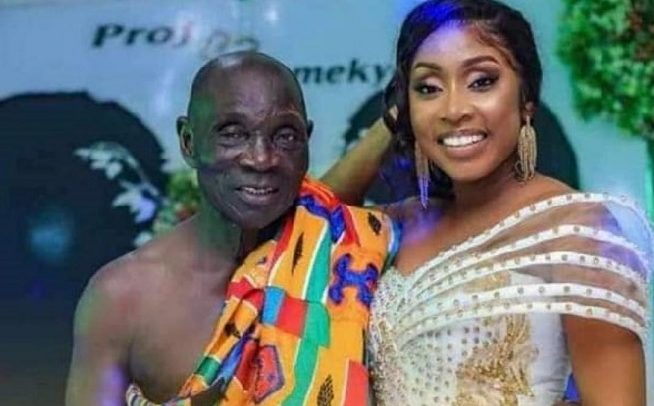
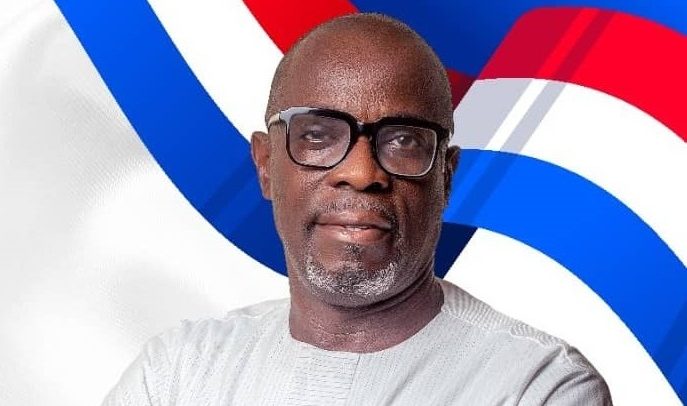




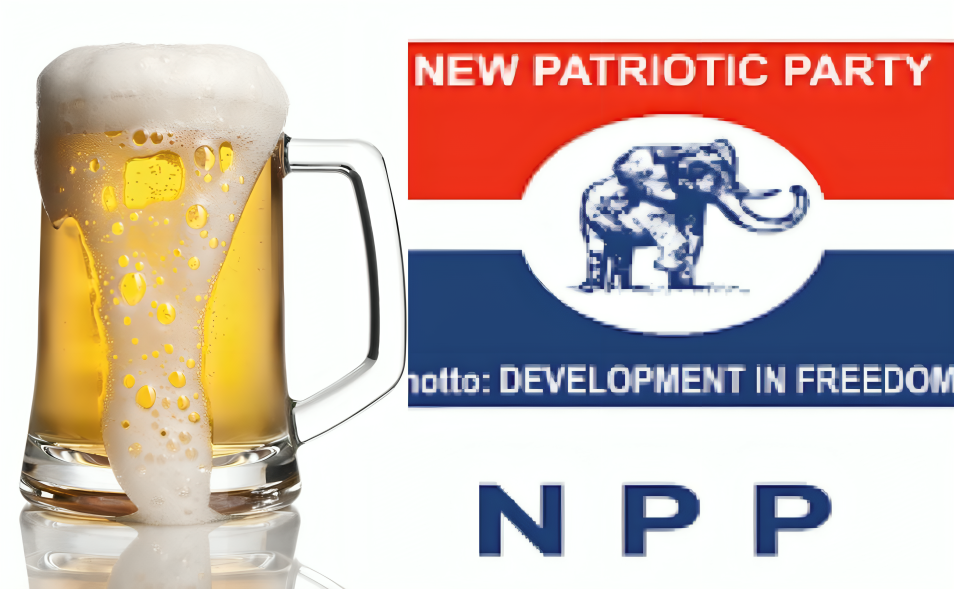


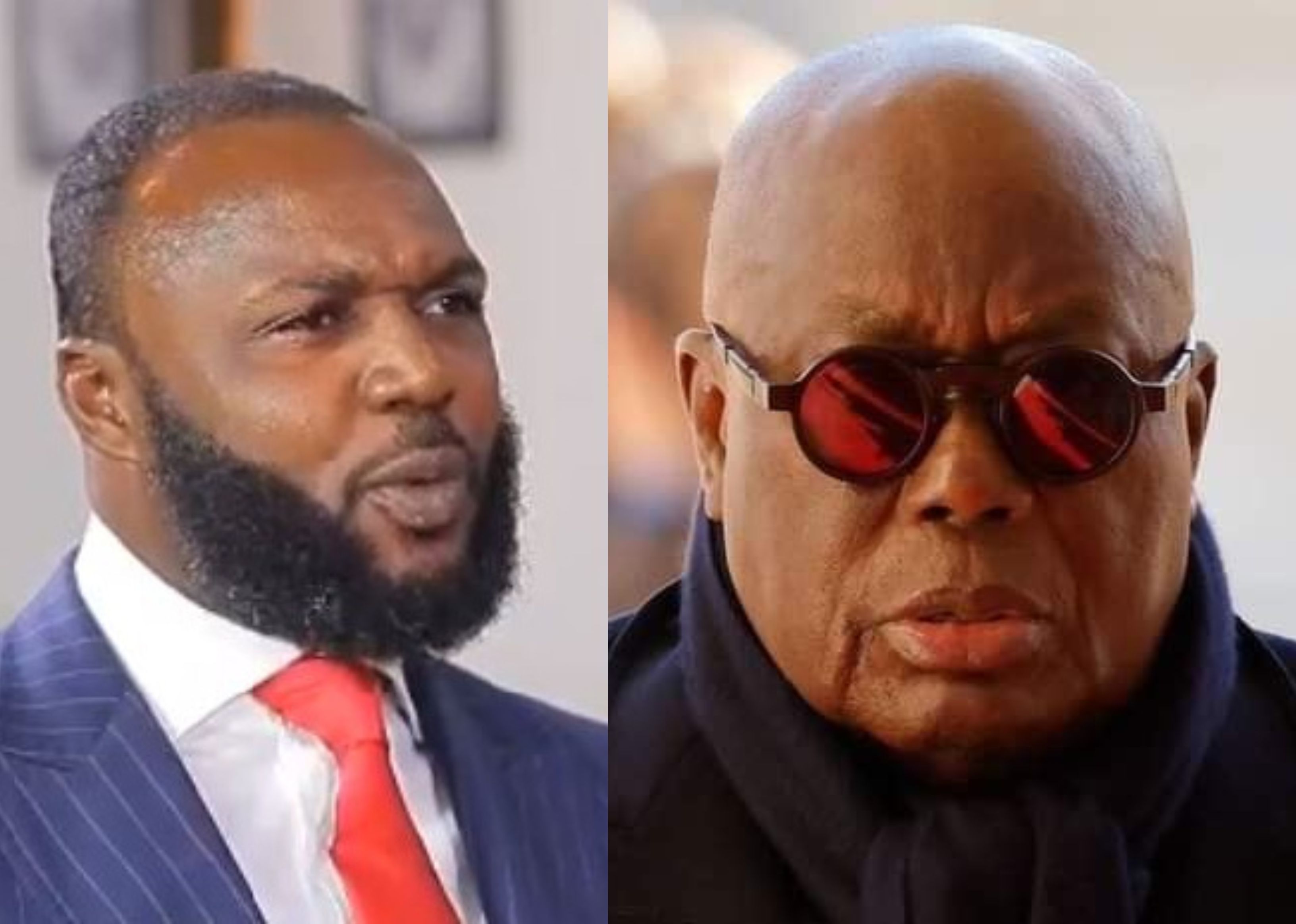

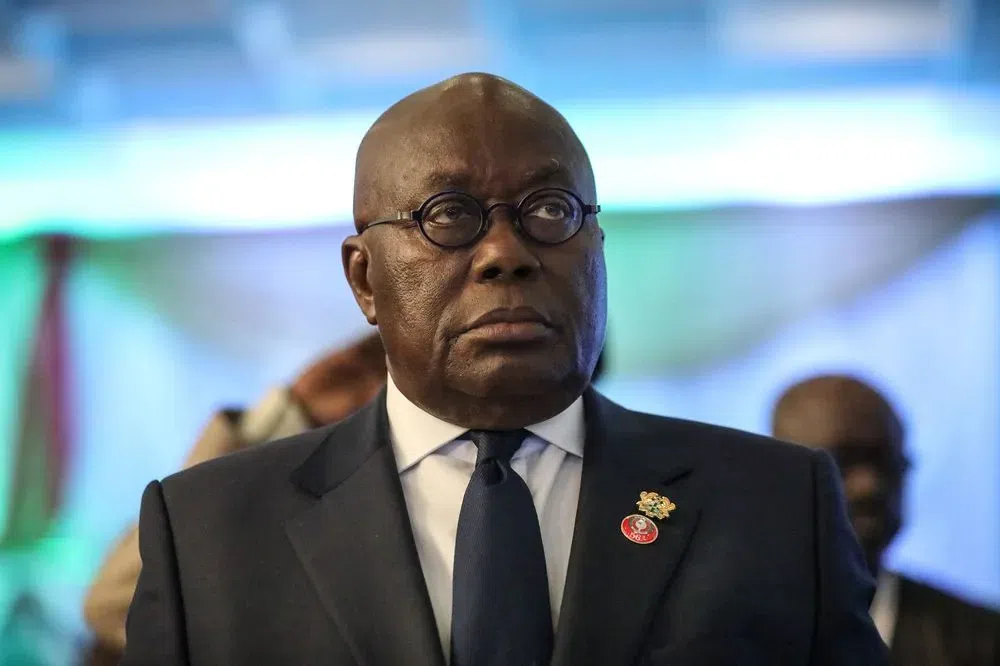
Facebook
Twitter
Pinterest
Instagram
Google+
YouTube
LinkedIn
RSS